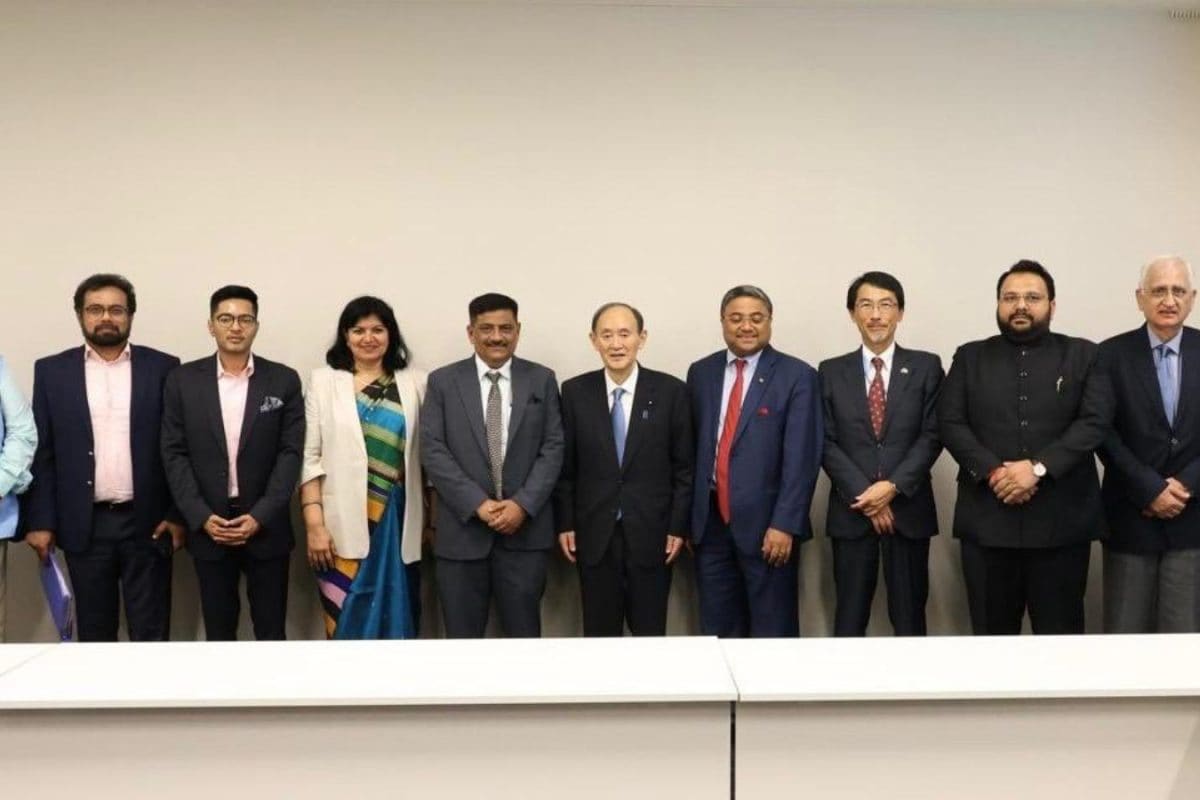

Following the recent upsurge in cross-border terrorism and Pakistan's attempts to spread misinformation, an Indian delegation's visit to Japan aimed to debunk Pakistan's narrative and reinforce India's unwavering stance against terrorism. This diplomatic endeavor is part of a broader strategy, "Operation Sindoor," initiated by the Indian government to expose Pakistan's role as a hub of global terrorism and to garner international support for India's counter-terrorism efforts.
The delegation, comprised of members across party lines, engaged with key Japanese officials, including Foreign Minister Takeshi Iwaya and former Prime Minister Yoshihide Suga, as well as prominent think tanks. The meetings underscored India's commitment to a zero-tolerance policy on terrorism, emphasizing that there would be no distinction between terrorists and those who support them. The delegation also highlighted the necessity of holding accountable the perpetrators, organizers, financiers, and sponsors of terrorist activities, referencing the UN Security Council's press statement of April 25 that addressed the situation in Jammu and Kashmir.
During the discussions, the Indian representatives presented a comprehensive overview of the regional security imperatives, state-sponsored terrorism, and India's firm resolve to combat cross-border terrorism. They also briefed their Japanese counterparts on the precise and non-escalatory nature of "Operation Sindoor," launched in response to the April 22 Pahalgam attack, which targeted terrorist camps in Pakistan and Pakistan-occupied Kashmir.
Japan has shown strong support for India's position, with Foreign Minister Iwaya reiterating Japan's solidarity in the fight against terrorism and commending India's restraint. He also emphasized the importance of bringing the perpetrators of terrorist acts to justice. This unified stance reflects the strengthened bilateral cooperation between India and Japan on security matters.
The Indian delegation's visit to Japan not only served to counter Pakistan's false propaganda but also to reinforce the strategic partnership between India and Japan. This partnership, elevated to a Special Strategic and Global Partnership in 2014, encompasses various aspects of security cooperation, including counter-terrorism measures, maritime security, and defense collaboration.
The two countries have been actively working together through mechanisms such as the Joint Working Group on Counter-Terrorism, exchanging views on regional terrorism situations, counter-terrorism strategies, and international cooperation against violent extremism. Furthermore, India and Japan have been enhancing their defense cooperation through regular meetings between defense ministers, military-to-military talks, and joint exercises. They are also exploring collaboration in emerging areas such as cyber and space.
In the wake of the Pahalgam terrorist attack, Japan was among the first nations to express solidarity with India, demonstrating its commitment to addressing regional security challenges. This support is crucial as India seeks to isolate Pakistan diplomatically and expose its role in fostering terrorism. The Indian delegation's visit to Japan has further solidified this partnership and strengthened the global consensus against terrorism.